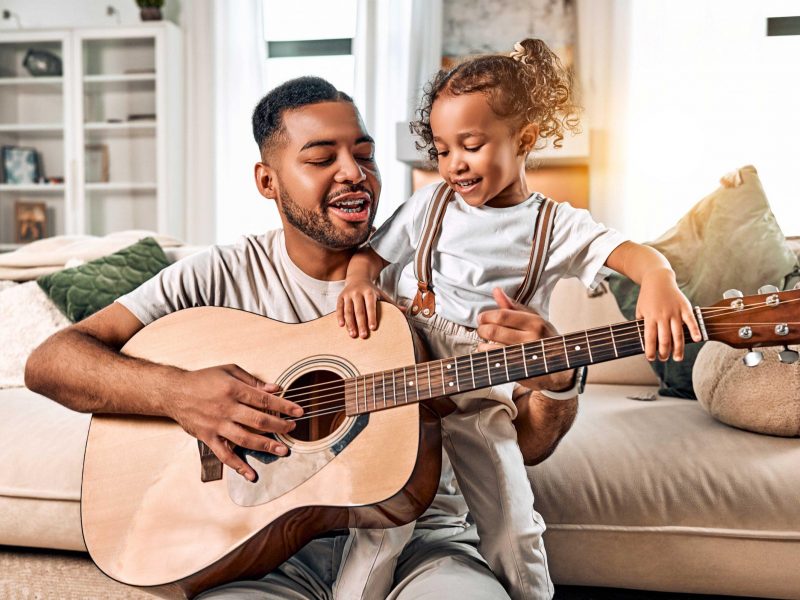Modelling belief
I am a big advocate of using careful modelling as a primary tool in parenting, not only because kids pattern themselves consciously and unconsciously after the influential people in their lives, but also because it encourages me to change my behaviours in the ways that I would like theirs to change. If I want them to keep their tempers and not yell when they're frustrated, then I need to be sure that I'm doing the same.
When it comes to more fundamental questions of ethics, morality, faith, and belief, however, I also want to encourage my kids to explore these things for themselves. I certainly want to model how important these questions are to me, that they are in fact the most important things to me, but I also don't want to impose my beliefs on them in a way that is too prescriptive.
For example, the other day I was explaining to one of my sons that it's important to share what we have with those who are in need, no matter how much or little we have. We certainly try to model this as parents, not only through contributing financially to various charities, but also by volunteering in different capacities, by having people stay in our home, by sponsoring refugees, and in more everyday things.
I hope that our example shows how important this idea of sharing with others is to us as parents, and I also hope that encourages them to model our behaviour, but I also don't want them to just do these things out of habit or because they feel its expected of them. I want them to have worked through the question of what it means to do the right thing for themselves, to know what they believe is right, and to do to what they believe is right.
This is a hard balance for me. On the one hand, I want to model how passionately I believe, and on the other hand I want to allow my kids room to grow and explore their own belief, which would be difficult enough if the stakes – how to be a loving, just, moral human being – were not so high.
I don't have any easy answers here, only the belief that there is no more important element of parenting. My encouragement, both to myself and to every other parent, is never to forget this balance, never stop striving to maintain it, never underestimate how important it is.
Luke Hill is a stay-at-home father of three boys, aged 10, 8, and 4. He has fathered, fostered, adopted, or provided a temporary home for kids anywhere between birth and university. He has taught college courses, adoption seminars, camp groups, Sunday School classes, rugby teams, not to mention his own homeschooled kids.







